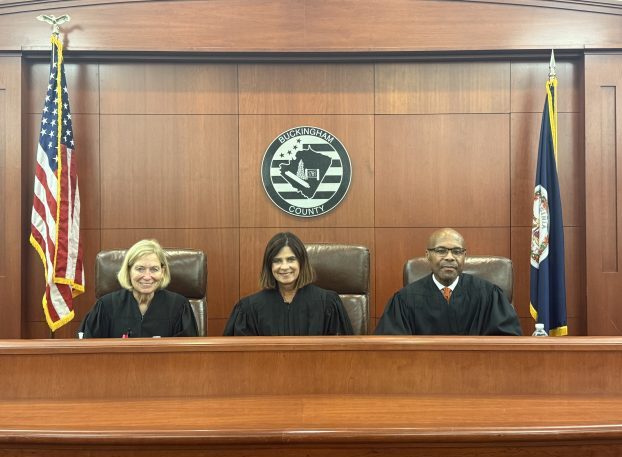House recognizes water as human right
Published 6:00 am Friday, February 19, 2021
|
Getting your Trinity Audio player ready...
|
By David Tran
Capital News Service
The city of Petersburg made headlines last year when the city disconnected water service to non-paying residents preceding the COVID-19 pandemic.
Del. Lashrecse D. Aird, D-Petersburg, criticized the city’s action as “inhumane,” and the dispute reached Virginia Health Commissioner M. Norman Oliver, who in a letter ordered the city to restore service to 150 residences that still didn’t have water last May.
Aird introduced House Joint Resolution 538 to ensure no person in the commonwealth is denied access to water. The measure recognizes the access to clean, affordable water as a human right.
The Virginia House of Delegates advanced the measure in a 61-33 vote mainly along party lines, with six Republicans voting for the bill. The resolution now heads to the Senate Rules Committee.
Aird said the resolution lays out the foundation for future substantial policies. If passed, the next step will be turning the legislative recommendations into concrete legislation.
“We can begin to frame policies that really make it so that we’re humanizing hardship,” Aird said. “And we’re taking an approach that is trying to put the safety and wellness of people first.”
The measure calls for a statewide water affordability program and decriminalizing water utilities’ non-payments. It stresses that state agencies implement strategies to limit water contamination and pollution by residents and industries.
Aird said the resolution developed after meeting with families who had their water disconnected or were actively disconnected from water service. She experienced challenges to water access growing up.
“Unless you’ve actually lived that life and you’ve experienced it, you don’t really fully recognize how much of a hardship this is,” Aird said. “And so for me, it’s personal. It’s deeply a matter and sense of urgency.”
Numerous studies show race and socioeconomic disparities in water affordability and accessibility. Racist discriminatory practices, such as residential segregation, have long-lasting effects on Black communities’ water access and infrastructure, according to a 2019 report by the Thurgood Marshall Institute at the NAACP Legal Defense and Educational Fund Inc.
Aird also sponsors HJR 537, which declares racism a public health crisis. She said social determinants of health can be found everywhere, from schools and hospitals to water access.
A U.S. Water Alliance report stated Black and Latino households are nearly twice as likely to not have complete indoor plumbing compared to white households. That number soars to 19 times as likely for Native American households.
Moratoria on utility disconnections, such as water, reduce COVID-19 infections by nearly 4% and mortality rate by more than 7%, according to a working paper by the National Bureau of Economic Research.





